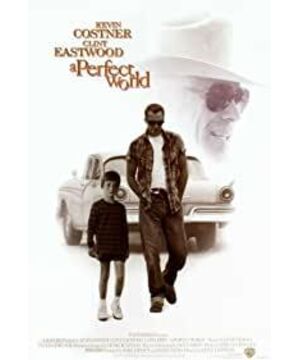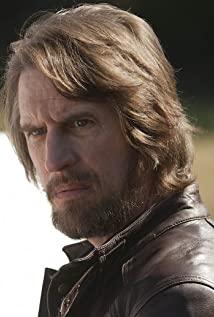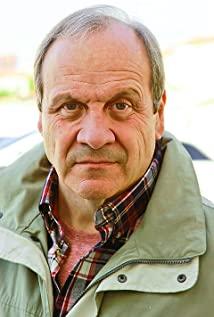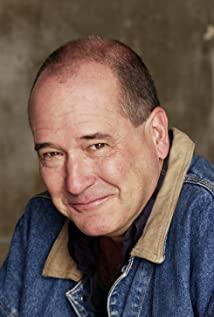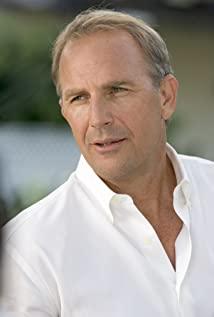A good movie that I almost missed because of the name.
At first glance, I thought it was a literary film describing a romantic love story, but it turned out to be a good road drama. The film tells the thrill and joy of the escaped prisoner Haynes and the hostage Philip Jr., who eventually develop a deep father-son bond.
After watching the film, I found that the title fits the theme very well.
The word "PERFECT" appears many times in the film, from the governor of the police chief, to the common people and even fugitives, and they all refer to "perfect" many times. But what is the subtext behind this? It is the arrogance and domineering of "those who obey me prosper and those who oppose me perish", the selfishness of "I am the biggest in the world", and the hypocrisy and cunning of "one set behind the surface".
Everyone talks about perfection, everyone aspires to perfection, but the world really isn't perfect at all. I still remember the bureaucracy of upright governors, the bragging rights of excellent subordinates, the partiality and bribery of fair judges, the fake smiles of friendly store clerks, the cold violence of parents against their children in the name of love...
This comparison is all the more ironic.
In such an environment, is it a luxury to be a good person?
Haynes' background was not good. His father was a habitual criminal who was imprisoned in a cell all the year round, and his mother was a prostitute who had to sell her body to make a living. He grew up in a brothel and was accustomed to violent, noisy, dirty and violent environments. Without the correct guidance of his parents, he was extremely insecure and self-confident.
When he was eight years old, he killed a wanted criminal to protect his mother. Although he was not held criminally responsible, he was forcibly sent to a juvenile detention center.
When he was twelve years old, his mother committed suicide due to terminal syphilis, and Haynes was taken up by his father. His father was incompetent, had many bad habits, and did not cultivate and care for him. The fatherly love he had lost for many years was not made up for in adolescence, and he was still alone.
Later, he was sentenced to four years in prison for "borrowing" someone else's Ford. The penalty is far greater than the crime.
Haynes was an adult when he came out of the juvenile detention center. He was imprisoned twice, without the help of relatives and friends, without a good education, without acquiring vocational skills, how would he make a living?
Eventually he embarked on the path of professional crime.
He was sentenced to 40 years for burglary and armed robbery. He and his inmates escaped from prison, but because the inmates' stupidity attracted the attention of the community, they could only take little Philip as a hostage.
While on the run, the inmate was fatally shot by Haynes for trying to injure Philip. Haynes and Philip developed a deep bond along the way.
The next day, Haynes lost control when he saw the black grandfather scold his grandson. Philip shot Haines in the stomach to stop Haines from being aggressive. Later, the police found their whereabouts. The police shot Haines to death in order to free the "hostage" Philip.
This is Haynes's biography.
The life of a poor bastard.
"I'm not that bad, I'm just special," Haynes said. Haynes killed two people in his life, a wanted man for hurting his mother and a cellmate who hurt Philip.
As a robber, he taught little Philip that it was wrong to steal; as a fugitive, he insisted on stopping to teach the grandfather who abused his grandson; as an adult who had experienced countless tragedies in his life, he worked hard to maintain the faith of children. He has a clear view of morality and right and wrong. He does not harm or even helps innocent people. He is brave and resourceful, and has love in his heart. He used to look forward to this world. He should have been a good man. What forced him to take risks and commit countless crimes?
Is it this "perfect world"?
Economics has a term called "external effects", which is divided into positive external effects and negative external effects. A positive externality is when an individual does something that benefits others at no cost to the beneficiary. Negative externalities are when an individual's actions cause harm to others, and the perpetrator can escape responsibility.
Aside from his mother and Philip, Haynes has never met anyone who is really nice to him. Almost everyone is putting negative externalities on him.
"It's a stolen time ship, oh no, just borrowed temporarily. Speed up, it's going to the future, slow down, it's going back in time. When you stop, you need to enjoy life in the present, we're traveling through Texas time traveler!"
Haynes had gone to another world.
I hope there will be no hunger, no suffering, no discrimination, and no injustice. He can drive his own time ship, travel in time, travel in the world, and enjoy love and freedom.
View more about A Perfect World reviews


